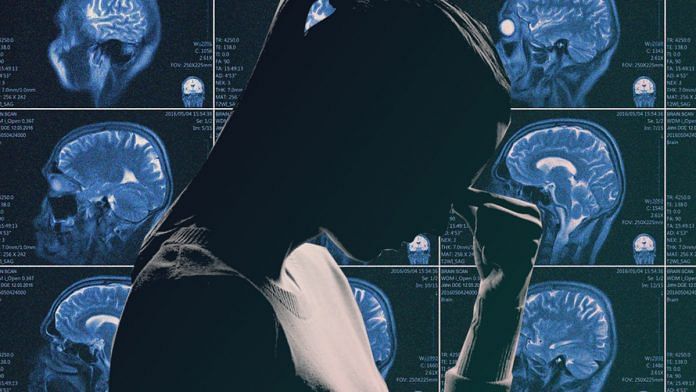
Thank you dear subscribers, we are overwhelmed with your response.
Your Turn is a unique section from ThePrint featuring points of view from its subscribers. If you are a subscriber, have a point of view, please send it to us. If not, do subscribe here: https://theprint.in/
The 21st Century has seen it all; the development of IT and the rise in the awareness of women rights. Amidst all of this, the generation that grew up in this era has been brought up in an amalgamated environment where they absorbed the key practices of the 20th Century as well as the woke culture of the 21st century. Such a mixed setup lead to a very confused perception among adolescents, growing into indecisive adults in this competitive world.
Today, teenagers are exposed to a plethora of information through multiple channels, whether one considers school curriculum, social networking platforms or the mixed information from discussions on news debates or even with family members. While teenagers learn about the right and wrong of the world as early as 15 years of age, they remain confused about voicing their opinions. To many, the recent mishaps including the farmers’ protest and the CAA-NRC protests were disturbing and these youngsters took the internet by storm with their strong and well-processed opinions. However, the same youth tried to remain anonymous while expressing themselves.
This was because there was a unanimous belief that their opinions didn’t resonate with their parents or other relatives and found it easier to avoid that confrontation. They find their opinions in general as a topic of taboo to speak in front of their family. To this day, young adults find it difficult to open up about their romantic relationships and sexual identities, out of fear that they might not be understood and it’ll cause friction in the family for which they’ll be blamed. The fear of being assigned blame for their personal choice silences them and it only worsens the situation in the family.
Why does it not change then? The answer is a very simple word, that’s used a lot these days; normalisation. Regardless of the difference in generational perception, the practice of fear, which a teenager feels is prevalent while growing up is something that they get conditioned to and continue the cycle with their child. With the constant perception that a teenager can’t speak about their opinions in front of their parents being strong, it becomes too normalised to address it as a problem and changing such behaviour doesn’t work well.
Teenagers who even feel that they are facing issues in their daily life, due to this fear, can’t speak up to their parents to ask for professional help at the right stage and such issues start piling on as they grow older, initiating a series of comorbid mental health problems.
Every once in a while, I find myself talking to clients in their 20s, with a lot of dysfunction in their lifestyle and when these problems are processed in a counselling setup, the causal factors are often found sprouting from a disturbing teenage. Since these issues were not addressed at that time, they escalated and are causing a problem in their adulthood. The reason for leaving the problem undiagnosed is more often ignorance and this ignorance is what we spoke earlier about when we discussed the fear the youth has from opening up in front of their own family.
It is high time that the chain is broken as advancement in technology won’t aid the next generations if they don’t get the right channel to express themselves as a result of unnecessary taboos in the name of cultural norms. Parents and children alike, need to acknowledge the gravity of this situation to overcome all communication barriers.
These pieces are being published as they have been received – they have not been edited/fact-checked by ThePrint.
Also read: This is how we can empower 8 billion minds by 2030


COMMENTS